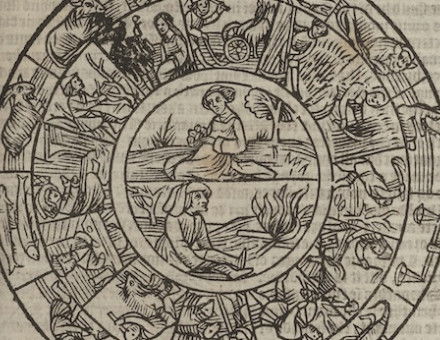Gender, Class and Nation
Leonore Davidoff on how women's history has been interwoven with debates on society and identity and its prospects for durability.
In a recent interview, a woman Deputy to the now-defunct Soviet parliament declared that the best plan for women was to pay Soviet men a good wage which they could then pass on to their wives and children. This would give women 'freedom of choice and real equal rights'. It is difficult for Westerners to interpret such an ambiguous, not to say perverse, statement. But recent insights from women's history or, as some strands have now become known, from the history of gender, could be illuminating.
It is now a truism that challenges to state socialist dogma and institutions in many parts of the world are often based on religious and/or nationalist identities. But it goes unrecognised that these often incorporate calls for a return to manhood supremacy, the reconstruction of male dignity and agency which seemed to have been forfeited in the early days of many regimes. For example the reawakened influence of Polish conservative Catholicism has shown how gains for women, such as the availability of abortion, have recently been questioned, becoming a focus of debate over civil rights and the form of a new civil society.





